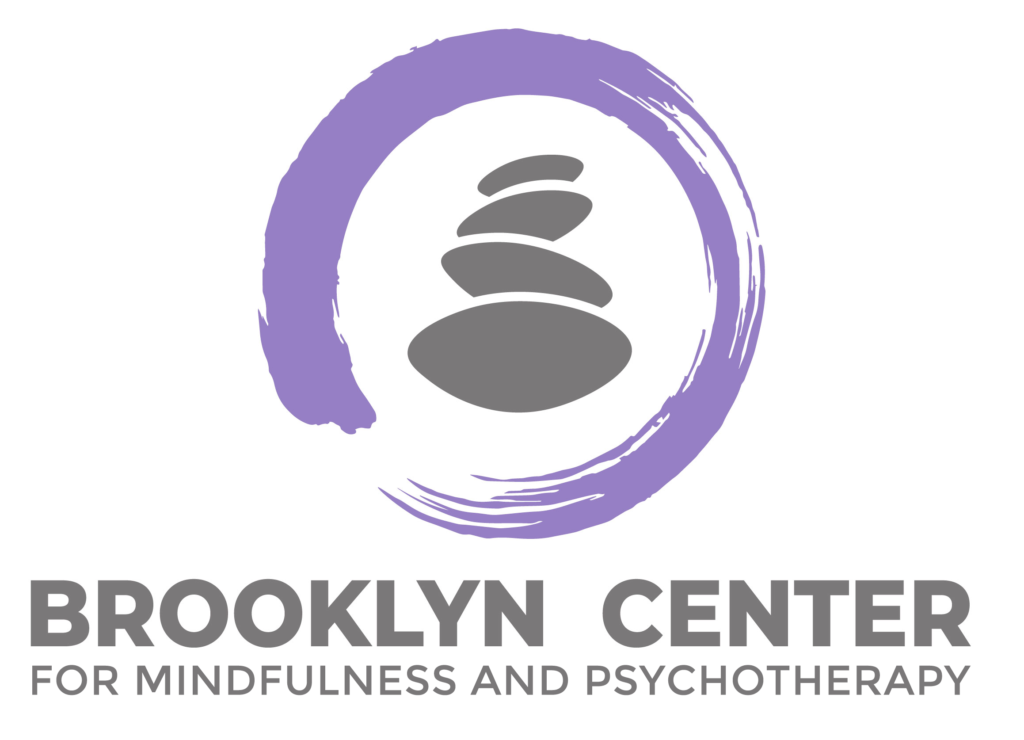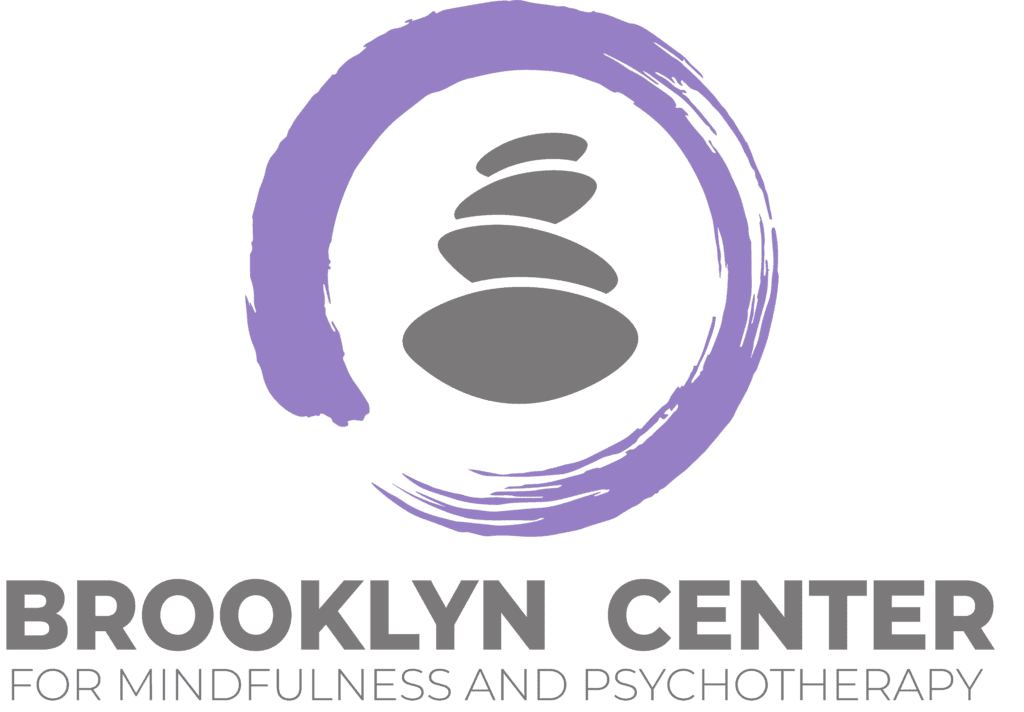Written in collaboration with Laura Vladimirova of Resilient-Mind.com and heldheart.com, a CBT-I trained therapist.
There is a paradoxical conversation that happens around pregnancy and postpartum sleep. The message is: “Get used to it, you won’t be sleeping!” While some normalization of is helpful for planning ahead, the real issue is that during this time less sleep and a lower quality of sleep puts parents at a risk for perinatal mood and anxiety disorders (PMADs).
While PMADs represent a major (and greatly underserved) public health issue, with consequences that expand well past the newborn stage, the role of sleep is overlooked. We seem to accept that sleep for parents and babies just doesn’t go well together. There are almost no guidelines available for the perinatal population about how much sleep they need before they head into a more urgent mental health category. There is also very little in the way of understanding how sleep habits in pregnancy affect postpartum sleep. Instead, parents get tons of ineffectual platitudes like, “Sleep when the baby sleeps.” We certainly don’t discuss how a parent could even measure whether what they’re experiencing is or isn’t edging them closer to significant mental health complications.
Lack of sleep has both been linked to poor mental health outcomes and as a symptom of comorbid mental health experiences like depression and anxiety. If parents are mired in platitudes and have no real guidance for this, then how does anyone create health-supportive sleep routines for the perinatal period?
A behavioral approach to treating sleep-related issues called Cognitive Behavioral Therapy for Insomnia (CBT-I) has been showing great results. While the word insomnia has some specific notions, like an image of a person lying awake at night for hours, the components of insomnia are actually more related to difficulty falling or staying asleep. Currently, CBT-I is recommended as the first-line of treatment for sleep issues, well before the use of sleeping aids such as medications. Further, surveys also show that expecting and new parents prefer this approach to medications (Manber et al., 2019).
Quick Facts about CBT-I
CBT-I is a specific and targeted prevention and treatment program for sleep disruptions, better quality of sleep, and sleep satisfaction. Unlike long-term therapy, this program lasts between 4 to 8 sessions.
CBT-I is not a quick fix It requires a steady commitment to the routines and plans set in place by the participant and their therapist. CBT-I is a process that asks participants to have a structured approach to their sleep, such as a review of the client’s sleep habits, specific triggers that contribute to the client’s sleep issues, and thoughts and behaviors around sleep. The nature of the program also incorporates a sleep-wake schedule that addresses daytime routines, which often includes taking daytime naps out of the equation, a focus on the sleep environment such as not having a TV in the bedroom, consistent bedtime and wake times, using the bed only for sleep and sex, and reducing the time one spends in bed, which ideally increases sleepiness the following night.
The behavioral components go well beyond typical sleep advice like not using your phone in bed or having a wind-down routine. CBT-I tools require keeping thorough sleep logs, reviews of current sleep medications (if any), as well as relaxation approaches and mindfulness techniques.
CBT-I and the Perinatal Population
Recent studies have theorized that CBT-I during pregnancy would result in lower insomnia severity during the postpartum period, which in turn can lower the risk of PMADs. Current statistics show that 40% – 60% of people deal with variants of insomnia prenatally. This is quite significant because 50% of people with pregnancy-related insomnia go on to have insomnia for nearly two years postpartum (Manber et al., 2019).
In thinking about the complicated realities of the newborn and the postpartum period, many of the things learned about sleep prenatally will likely need to be adjusted. However, working through those core issues prior to having a baby has shown great and lasting results. Thus far, evidence states that people who receive CBT-I prenatally have greater reductions in both prenatal and postpartum insomnia. They also have a decrease in postpartum mood and anxiety disorders.
Last Notes on CBT-I
Sleep efficiency in CBT-I starts slow, with the hope of success building over time. Like any skill worth mastering, frustration with the method can be common. Though, like any skill worth mastering, the work and benefits outweigh the risks of PMADs and postpartum insomnia.
A CBT-I trained therapist with a good comprehension of the perinatal experience can be a thorough and compassionate ally in the effort to regulate sleep and work towards preventing more significant mental health complications postpartum.
Rachel Manber, Bei Bei, Norah Simpson, Lauren Asarnow, Elizabeth Rangel, Anita Sit, Deirdre Lyell. (2019). Cognitive Behavioral Therapy for Prenatal Insomnia: A Randomized Controlled Trial. Obstetrics and Gynecology. 133(5): 911–919. https://www.ncbi.nlm.nih.gov/pmc/articles/PMC6485299/






